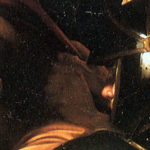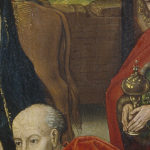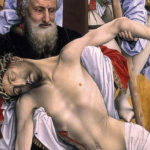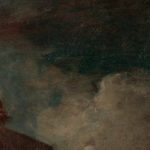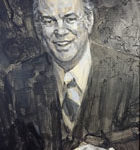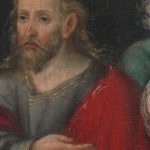
A free society is the only society in which persons can get to know themselves – to the degree anyone may know personal self. Freedom relieves us from some external distractions (like oppressive governments), but we may create our own distractions so as to mute our freedom. Escape from external restricting influences does not mean freedom is gained if the individual provides various substitutes for self-defeat that distorts a life meant to find balance (golden mean). The complications of life are such that we will never know, during the earth sojourn, what comprises all of the life we live. Life is one, characterized on earth as generated from life, through birth, to a maturation process and goal perceived in growing… Read more

